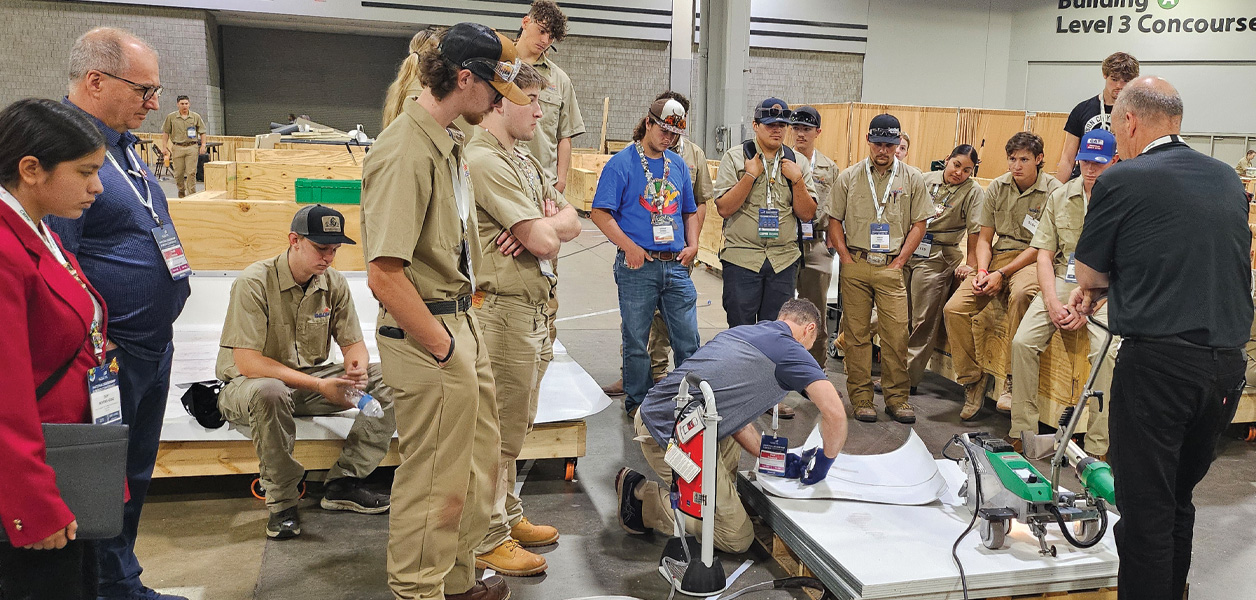Gen Z and millennial workers are projected to make up about two-thirds of the workforce within the next few years and are expected to be a “defining force in the future of work,” according to Deloitte.
Deloitte Global’s 2025 Gen Z and Millennial Survey included 23,482 Gen Z (those born between January 1995 and December 2006) and millennial (those born between January 1983 and December 1994) respondents across 44 countries and found only 6% of Gen Z and millennial respondents said their primary career goal is to reach a leadership position. Instead, learning and development opportunities are a priority.
When Gen Z and millennial workers were asked for the strongest reasons they chose to work for their current employer, learning and development was in the top three. Seventy percent of Gen Z workers say once per week they are developing skills to advance their careers, and 59% of millennials say the same. Sixty-seven percent of Gen Z workers say they are developing skills outside of working hours—before or after work or on their days off.
Additionally, 59% of Gen Z workers and 62% of millennial workers said they believe generative AI skills are somewhat or highly required for their career advancement. Many Gen Z workers (57%) and millennial workers (56%) already are using generative AI in their daily work to some extent.
However, both generations say soft skills such as communication, leadership, empathy and networking are most important, closely followed by time management skills and industry-specific knowledge. Eighty-six percent of Gen Z workers and 85% of millennial workers believe soft skills are somewhat or highly required.
The Deloitte survey shows focusing on developing mentorship and on-the-job learning opportunities can help attract and retain Gen Z and millennial employees. Eighty-six percent of Gen Z workers and 84% of millennial workers say they primarily are seeking mentorship and guidance. Additionally, 88% of Gen Z workers and 89% of millennial workers value on-the-job learning and practical experience for skills development. They appreciate in-house learning programs, job rotation or shadowing, financial compensation for external learning opportunities, and access to learning platforms and subscriptions.
In addition, Gen Z and millennial workers want their managers to offer guidance, support and motivation. According to the latest Deloitte Global Human Capital Trends report, managers spend nearly 40% of their time solving immediate problems and focusing on administrative tasks and only 13% developing their direct reports. Consider rethinking the role of managers to allow them to spend more time mentoring and developing team members.





